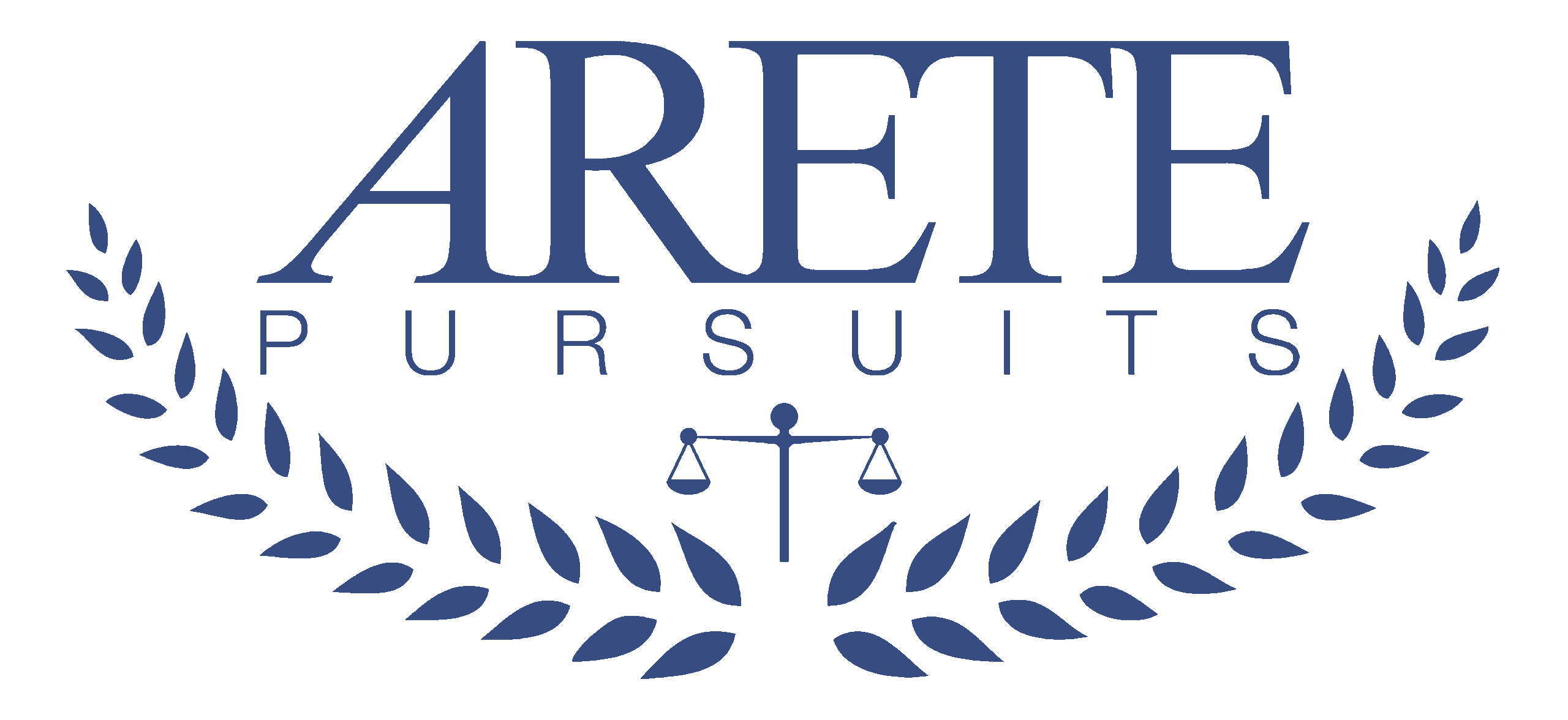I have learned many lessons over the years. The lesson of practicing patience must be important, as I’ve had to learn it and re-learn it countless times.
Anticipation
If you are of a certain age, you probably remember the commercial for Heinz Ketchup featuring Carly Simon’s “Anticipation.” One child complains to the other about how slow his ketchup pours, and the other assures him it’s worth the wait.
I can remember tilting my Heinz ketchup bottle at a 45-degree angle and gently tapping the 57 embossed on the neck of the bottle with the heel of my hand. This was supposedly the ideal spot to tap to improve the flow of the ketchup.
Today, we no longer need to wait for our ketchup. It comes in squeeze bottles with flip-top caps and shoots out without hesitation. I find this a fitting metaphor for life. We live in a culture that eschews patience and encourages us to take action.
The Opposite of Patience
When you think of the opposite of patience, what comes to mind? Here are some of the phrases that instinctively arise for me:
- Drive.
- A sense of urgency.
- Moving with pace.
- A bias for action.
- LFG.*
If you’re wired like me, you think of patience as a bad thing; the opposite must be something positive.
The opposite of patience, of course, is impatience.
Let that sink in for a moment. When I acknowledge patience as the opposite of impatience, I have a distinctly different relationship with it. This paints my gifts for productivity and getting things done in a completely different light. It reminds me of a story.
I started my career as a software developer. I began programming Atari computers when I was ten years old. I went to a Science & Tech high school. I graduated with a Computer Science degree. I was a damn good programmer.
I was also more than a little arrogant about my abilities.
When I started my professional career, my mantra was “Code Like Hell.” I cranked out code at a feverish pace. I didn’t do much unit testing because unit testing was for people who were not as gifted at programming as I was.
Our Quality Assurance team begged to differ. While initially rewarded and applauded for my productivity, I created my fair share of defects. With each defect came a cycle of rework, which became costly, especially when those defects slipped past QA and made it to the field.
In contrast, we had another programmer on our team who was patient. Her pace was slower because she was methodical and thorough. I remember a critical delivery that was on her shoulders, and the team worried about how long it took her to get it done and turn it over to QA.
When she did, her code was flawless, and she was recognized for her incredible quality. It was absolutely worth the wait. She set a bar for quality that helped me slow down, test more thoroughly, and deliver higher-quality code. She also helped me learn patience.
The Importance of Patience
Why is patience so important? As I have traveled my path, I’ve learned that awareness is the first critical component in personal growth. We need to bring into view what is subconscious or hidden. We move from a subjective perspective to an objective one.
Awareness is a great start, but it does us little good unless we can act upon that awareness. We must regulate our actions based on that newfound awareness. This brings me to one of my favorite quotes:
“Between stimulus and response, there is a space. In that space is our power to choose our response. In our response lies our growth and freedom.” -Victor Frankl
Patience is the key to that space between stimulus and response. It’s being willing to hold back on that bias for action when our awareness has taught us to create a pause. It’s recognizing when a decision feels hasty and you need to take time to reflect.
Putting It Into Practice
I invite you to pause and reflect on your own experience. In what areas of life do you find yourself acting impatiently? Here are a few to consider:
- Your partner.
- Your children.
- Your parents.
- Your health.
- Your career.
- Your boss.
- Your employees.
Can you think of a recent interaction where you acted from a place of impatience? What was the stimulus that drove your response?
Identify one area of life where you want to practice more patience. Consider checking in on this commitment as part of a morning ritual and journaling daily about your progress with patience.
If you need some patience inspiration, seek the wisdom of Turtle.
I am an executive coach and life coach with software executive roots in higher education and EdTech. I coach because I love to help others accelerate their growth as leaders and humans. I frequently write about #management, #leadership, #coaching, #neuroscience, and #arete.
If you would like to learn more, schedule time with me.
Want to comment? Join the conversation on LinkedIn.
* Normally, I spell acronyms out, but for LFG, if you don’t know it, you’ll need to Google it yourself


